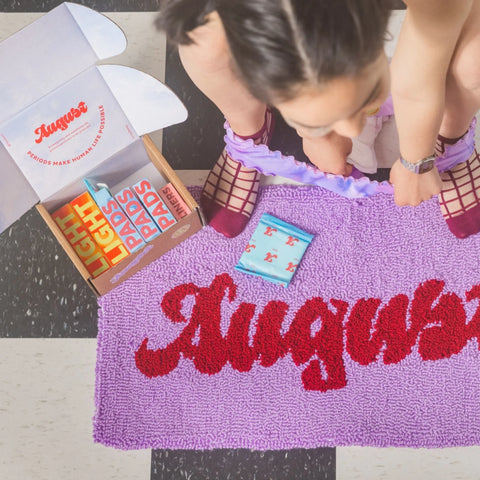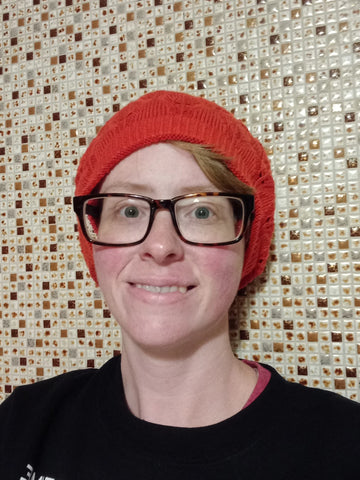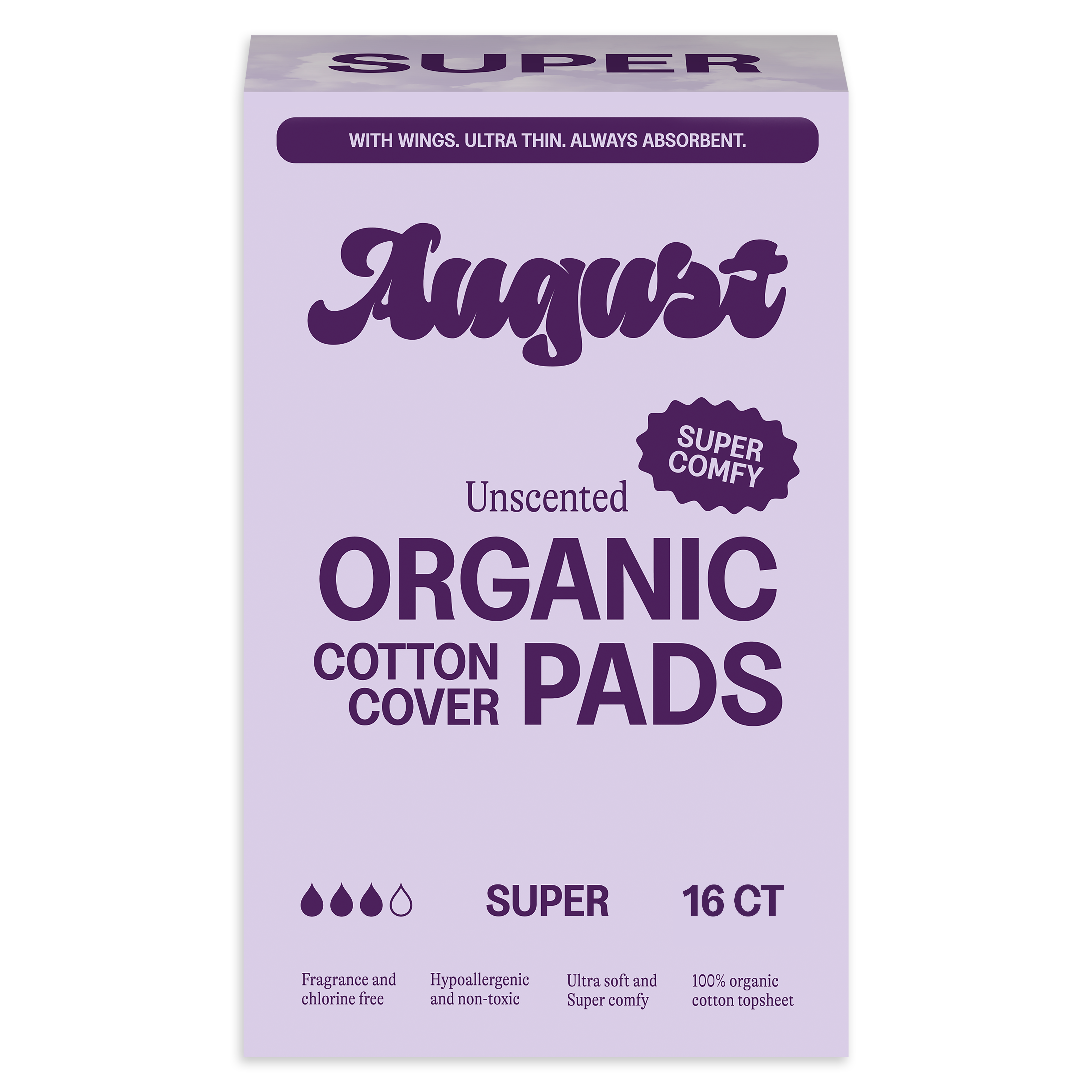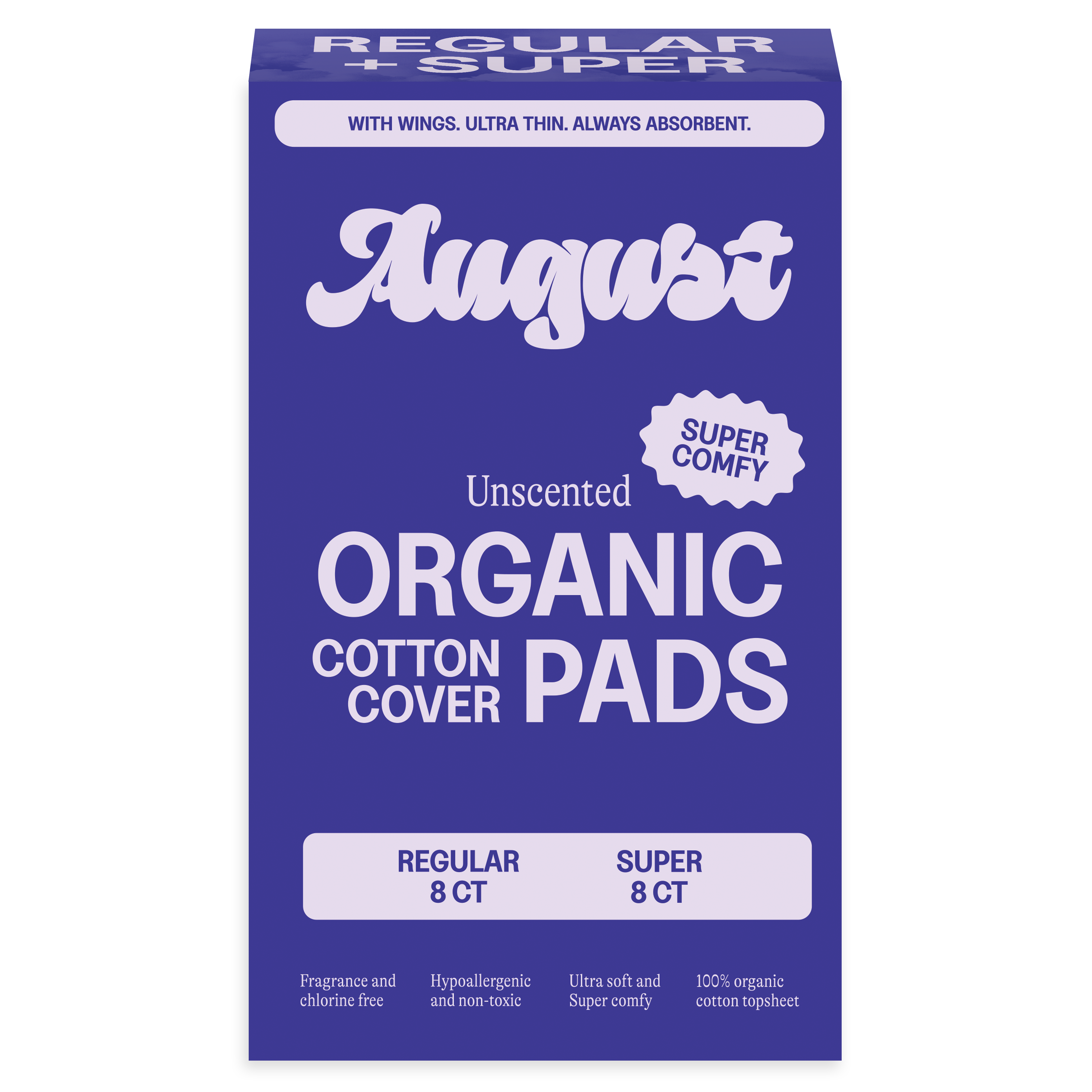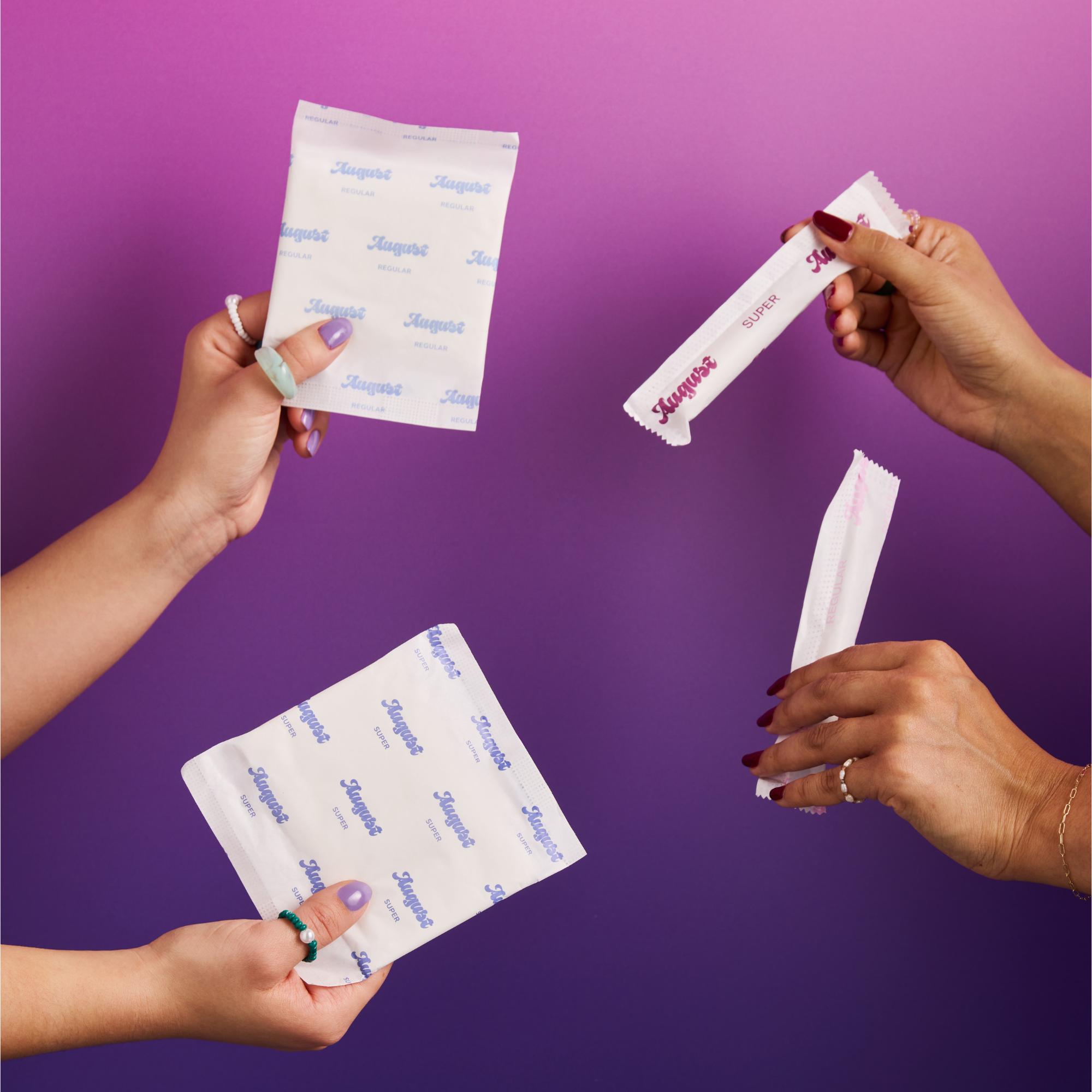
Premenstrual dysphoric disorder (PMDD) is a severe form of PMS that about 5-8% of menstruators experience.
The difference between PMDD and PMS is that PMDD symptoms regularly occur at a severity that is enough to interfere with work, social activities, and relationships.
PMS symptoms, on the other hand, can feel intense but they usually pass without as much resistance from your body.
April is PMDD Awareness Month.
We asked our community to share their experiences with PMDD, specifically how it affects their day to day routines.
Here’s what they had to say:
“For two weeks out of the month I really have to remind myself that I have PMDD but PMDD doesn't have me. I am learning what works for me but having the diagnosis as a place to start has been an absolute game changer.”

– Alexa (she/her) @tellingourtales
Her advice: “I want them to know that they are not alone. Be patient and kind to yourself. PMDD can be a challenging condition to manage, and it can take time to find the right treatment plan for you.
Remember that you are not alone, and that there is hope for managing your symptoms.
Also – TRACK YOUR CYCLE AND SYMPTOMS. Being able to mentally and physically prepare for the big feelings that PMDD can bring is step one is conquering it.”
“Once I got prescribed birth control to help keep my PMDD symptoms in check, my symptoms are non-existent! It also helps my periods be regular.”

– anonymous
Their advice: “Make sure your doctor takes you and your symptoms seriously so you can get the right treatment for you! Also, take it easy in school and request accommodations, I definitely had to do this as I was unfit to perform adequately in school.”
“I had to mindfully leave my job as a therapist due to the impact of PMDD on my ability to show up consistently for work.”
– Monique (she/her) @drmopsyd
Monique went on to explain that she is, “now compelled to pivot and get creative on how to tap into my magical skill set, to work, and engage in a way that honors my cycle.
I have days when I cannot get out of bed, when taking a shower or feeding myself feels like an Olympic effort. Then I have days when I feel confident, grounded, capable. PMDD can feel like two different people.”
Her (expert) advice: “Create a mindful tracking practice, where you can empower yourself with knowledge about your own menstrual cycle.
Note down all of your cycle days, journal on how you feel each day, and jot down any stressors or events that happen each day.
All of this is important data to better take care of yourself! Remember…
- You are your best advocate.
- You are amongst a community that believes your story.
- You are the expert of your own lived experience.
- You are worthy of feeling seen, heard, and compassionately effectively supported by health care professionals.”
“Every day is affected. I have to plan weeks in advance around my luteal phase. And if for some reason those days are shifted my entire schedule is thrown.”

– Kathryn (she/her) @thepmddprincess
Her advice: “YOU ARE NOT ALONE.”
Want to learn more about PMDD?
Read this blog post and #AskAugust all of your questions!





